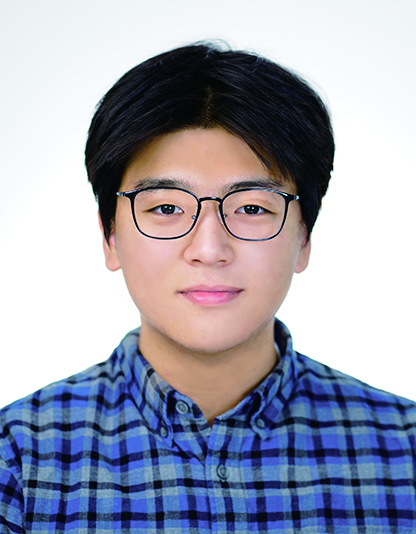
Hi y’all – I am back! A lot has changed over the past few months: For one I no longer am a reporter for The Postech Times, and for two I moved to Seoul. This is my second week in the metropolis, though I have not gotten many chances to explore the city yet. I am writing this dairy-esque piece – whatever you would like to call it really – on a lazy Saturday afternoon in a crowded Starbucks by the main street of Gwang-Hwa-Mun. This district is a unique area where the grandiose corporate high-rises and the opulent streets of modernism collide – rather harmoniously – with the sobriety and modesty of historic architectures. The cobble-stone road, the vibrant colors of autumn foliage, the chilly weather, and the rustic feel of Starbucks enhance the conviviality of the present moment. People all around me are talking away their lives, and I hear the collective murmurs in the background. And it makes me feel like I am part of something bigger. This whole environment, its historic significance and modern glass-steel buildings, makes me feel like I am part of a greater movement.
I have only recently left Pohang, the place I grudgingly called home for the past three and a half years, and I have yet to fully come to terms with my experiences. But here are a few things I have learned so far (mainly through self-reflection), and I thought it would be of at least a slightest avail to some readers, which brings us to my points. (I try to share my thoughts as generally as possible to avoid sounding assertive.)
One of the recurring themes – the motif, so to speak, of my egocentric psychodrama during POSTECH – was the idea of contextualism. Everything felt, to me, context-laden. Almost all relationships were dependent on a very particular context in which it occurred. (I put an emphasis on “almost all” because a precious few exist beyond those narrow contexts.) Some terms I have heard people use are ‘contextual friendship’ or ‘transactional friendship’. I am recently trying to expand this idea to a broader time scale: if you really think about it, the mere existence itself is contextual, although I understand it may sound corny. I guess what I am trying to say is things are never stationary (which is a rather underwhelming and trivial conclusion.) But it helps, at least, to understand that if I am currently in a place – both physically and mentally – where I am not happy, there will most definitely be better times to come… So, to quote Matt Haig – which I know will infuriate some of my friends who are vehemently against him: “Hope is not the same thing as happiness. You do not need to be happy to be hopeful. You need instead to accept the unknowability of the future, and that there are versions of that future which could be better than the present. Hope, in its simplest form, is the acceptance of possibility.” :)
The second thing I learned is gratitude. Think for a moment the impossibility – no pun intended – of the present universe in which we exist. There were so many things that just had to be right for us to be where we presently are. In other words, there were so many things that easily could have gone wrong for us to be derailed into a different universe. (Yes, I do subscribe to the theory of multiverse.) In a gross simplification, if the estimated probability of something going as planned was denoted as p, and each event was, for the sake of the argument, independent, then the probability of my current universe is “p to the power of infinity” which is mathematically equivalent to zero! This line of thinking speaks to me in a way that says: To be alive with all my limbs is already as unlikely an event as moving heaven and earth. I am not saying that my life is perfect. I am saying that the glass is always half empty or half full, and I choose to see it as the latter. In doing so, I am merely suggesting that you should too!


